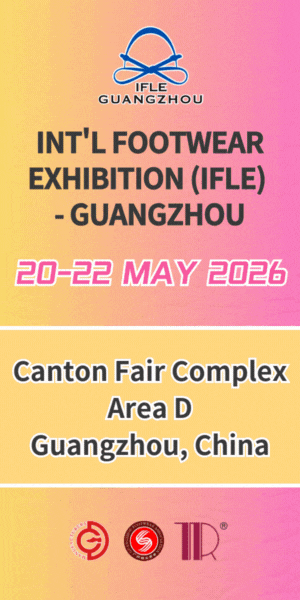Mango takes leather industry objections on board
Leather industry bodies across Europe have successfully campaigned to convince one of the biggest fashion retail groups in the world to change its position on describing non-leather materials as leather.
The company concerned, Mango, has agreed to stop using inaccurate descriptions that could make consumers believe a product had been made with leather instead of bonded fibres or other alternative materials.
Contact between the Barcelona-based company and bodies representing the leather industry, including main European organisation, COTANCE, and its member organisations in Spain and the UK, after Mango described some sandals as having an upper made from “recycled cowhide”. Leather industry figures have described this as “a meaningless description” and one that was not in keeping with Europe’s footwear labelling regulations.
Spanish industry body Acexpiel bought a pair of the sandals and asked research and testing centre Inescop to analyse the uppers. This analysis concluded that Mango had used bonded leather fibre in this product. When Leather UK asked Mango’s team there about the product, the company said the material was “eco-leather”. The director of Leather UK, Dr Kerry Senior, said: “We advised Mango that ‘eco-leather’ is a misnomer.”
COTANCE secretary general, Gustavo Gonzalez-Quijano, said Mango’s environment and sustainability department had acknowledged the need to change the description of the sandals. He said the dispute had had a happy ending.s
More recently, Mango presented summer sandals that celebrate the footwear-making traditions of the island of Menorca. It describes the materials it has used to make these sandals as split and recycled tyres. Unfortunately, in the retailer’s translation into English, it describes the split as “recycled suede”. This appears to be a translation error and nothing more.








